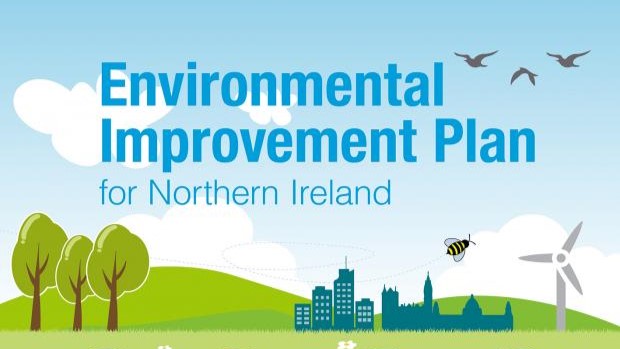Global Water Intelligence (GWI)’s recently released Global Water Tariff Survey 2024 report provides telling insight into the global landscape of water tariffs.
The average increase in combined water, wastewater, and stormwater bills between July 2023 and July 2024 was the highest ever recorded in the GWI Water Tariff Survey, standing at a whopping 10.7%.
Although this figure is partly driven by unusually high increases in Argentina, it still reflects a broader trend worldwide of rising water tariffs buoyed by a perfect storm of rising costs, overdue upgrades, necessary expansions, and climate change. Water tariffs went through a rocky time in the early 2020s: many utilities put off increasing tariffs during the COVID-19 pandemic, with some even reducing rates or making water free for a time. But if rates stagnated for a few years between 2020 and 2022, they are now firmly back on track in 2024
Utilities seem to be making up for lost time (and revenue), with average increases in many regions beating GWI Water Tariff Survey records. Although inflation rates have started coming down worldwide thanks to action from Central Banks, many utilities are still feeling the effect of higher prices, particularly of energy, on their operations.
More significant though is the increased need for capital expenditure, which is also more expensive due to higher building costs. As prices stagnated throughout COVID-19, so therefore did revenue for capital investments. Now, utilities are having to pass hefty rate rises to enable them to fund much-needed infrastructure upgrades and service expansion projects, especially as resilience to climate change impacts is more important than ever.
Regional insights
North America: The average tariff increase stands at 5.5%, the highest since 2016, with rates being hiked to fund capital investment plans.
Western Europe: The average tariff increase reached 6.8%, an all-time record for the region since the Tariff Survey began thanks to increasing operating costs and new European directives.
South Asia: The region at large continues to struggle to increase tariffs, with only five cities succeeding in implementing rate rises between July 2023 and July 2024, leading to an average increase of just 2.6%.
Both the Latin America & Caribbean and Middle East & North Africa regions meanwhile registered their highest ever average increases in the Tariff Survey at 34.6% and 20.8% respectively. However, these record numbers are caused by only two countries, Argentina and Turkey, where spiralling inflation has caused sometimes triple-digit increases, significantly driving up averages in both regions.
The Global Water Tariff Survey 2024 report underscores the profound impact of global inflation on water tariffs. As cities worldwide navigate rising costs, overdue upgrades, necessary expansions, and climate change, the water tariff landscape remains in a state of constant flux.



